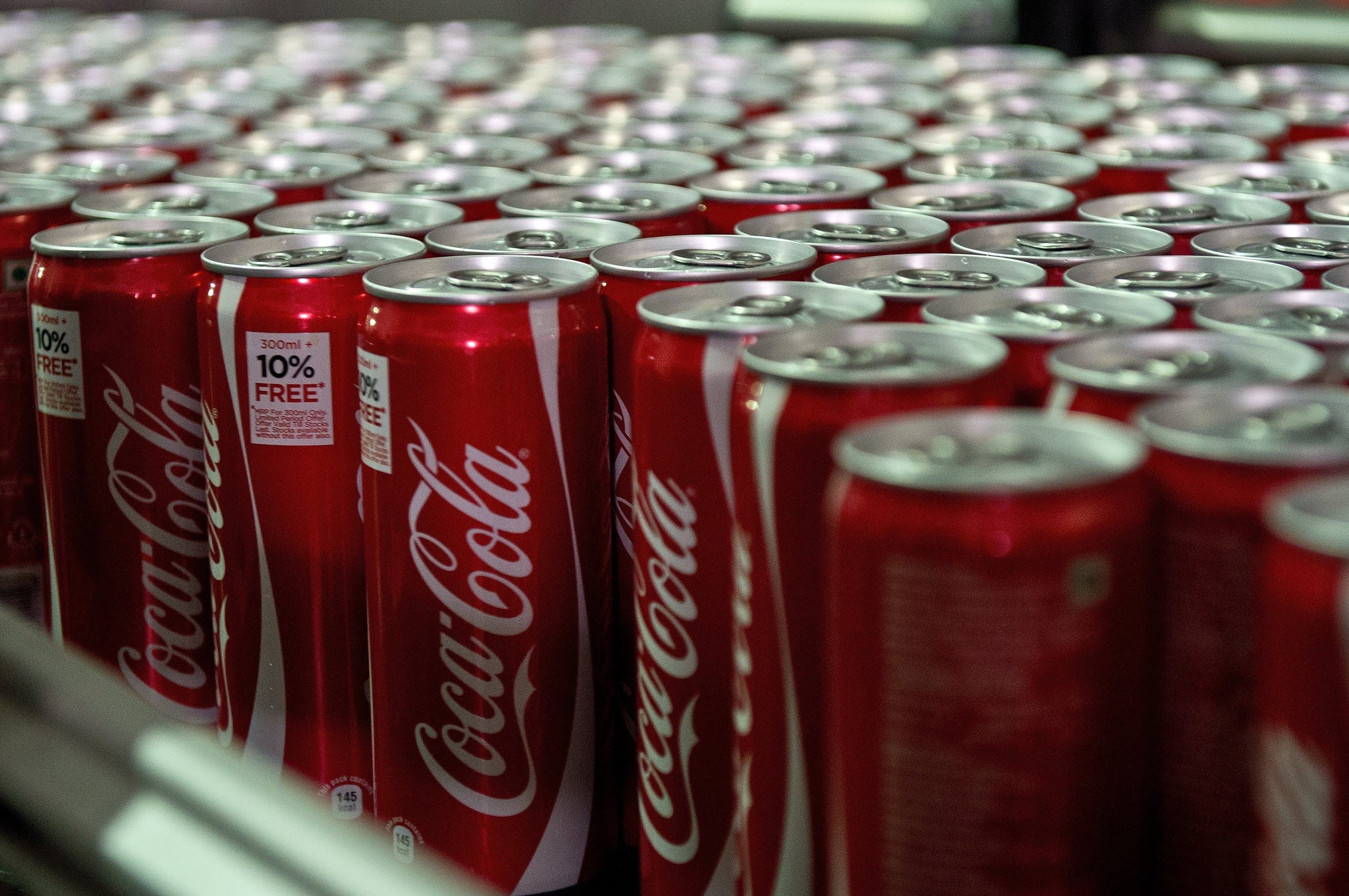A recent study that said Diet Coke can help you lose weight was quietly funded by Coca-Cola
The companies fund the ILSI Europe institute, a food and drink industry-backed research consortium

Your support helps us to tell the story
From reproductive rights to climate change to Big Tech, The Independent is on the ground when the story is developing. Whether it's investigating the financials of Elon Musk's pro-Trump PAC or producing our latest documentary, 'The A Word', which shines a light on the American women fighting for reproductive rights, we know how important it is to parse out the facts from the messaging.
At such a critical moment in US history, we need reporters on the ground. Your donation allows us to keep sending journalists to speak to both sides of the story.
The Independent is trusted by Americans across the entire political spectrum. And unlike many other quality news outlets, we choose not to lock Americans out of our reporting and analysis with paywalls. We believe quality journalism should be available to everyone, paid for by those who can afford it.
Your support makes all the difference.Scientific research claiming that diet drinks could be better than water at helping people lose weight was funded by an industry body which includes Coca-Cola and PepsiCo among its members, it has emerged.
The study highlighting the benefits of diet drinks, led by Peter Rogers, professor of biological psychology at Bristol University, was published in the International Journal of Obesity.
The scientific review was backed by a research institute, ILSI Europe. It was funded by the institute whose members include Coca-Cola and PepsiCo. Representatives from both companies also sit on the eating behaviour and energy balance taskforce and that the lead author, Professor Rogers, is co-chairman of the taskforce. But the published paper does not disclose that it has given some of the co-authors fees of around £750 each.
Its findings, released last November, were in contrast to other independent research associating diet drinks with weight gain. And Bristol University did not disclose the industry funding in its press release announcing the results of the study, according to the Sunday Times.
Although more than 5,500 papers were reviewed, the comparison of diet drinks with water was based on just three. Two did not find any significant statistical difference in weight loss, and only one paper, funded by the American Beverage Association, found that those drinking diet drinks were more likely to lose weight.
Cardiologist Dr Aseem Malhotra, advisor to the National Obesity Forum, told The Independent: “To suggest that diet drinks are more healthy that drinking water is laughable unscientific nonsense.” He added: “If you want good science you cannot allow corporate sponsorship of research.”
In a statement, a spokesperson for the University of Bristol said: “This research was published in the International Journal of Obesity, a peer-reviewed journal, which means the data and conclusions have been scrutinised by other scientists. We therefore stand by the findings. It was funded by a range of bodies including the NHS and European Union, as well as ILSI Europe.”
This is the latest in a series of controversies over the influence of industry on scientific research. Details came to light last October of Volkswagen’s funding of the European Research Group on Environment and Health in the Transport Sector. And last February the British Medical Journal revealed that members of the Government’s Scientific Advisory Committee on Nutrition have made an average of 45 declarations of interest each year involving food, drink or pharmaceutical companies.
Subscribe to Independent Premium to bookmark this article
Want to bookmark your favourite articles and stories to read or reference later? Start your Independent Premium subscription today.
Join our commenting forum
Join thought-provoking conversations, follow other Independent readers and see their replies
Comments